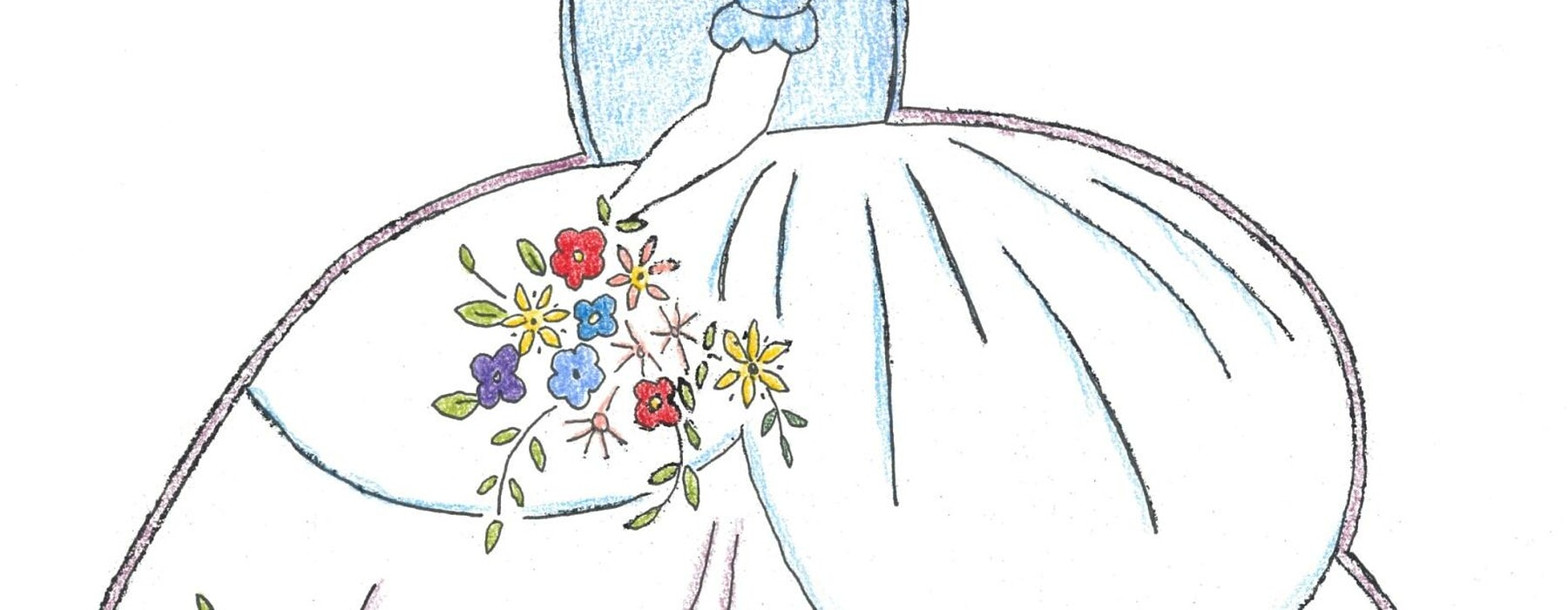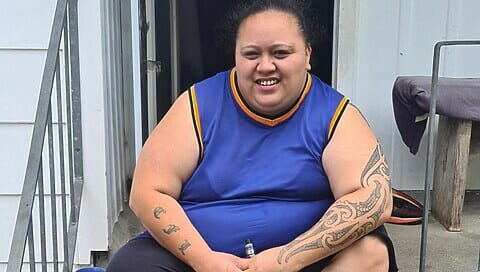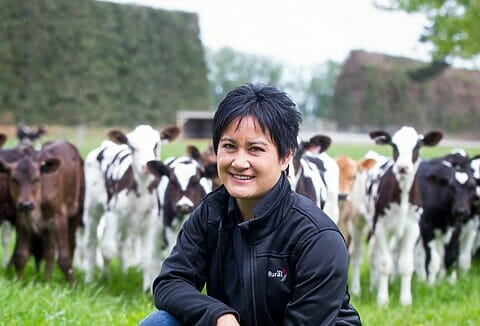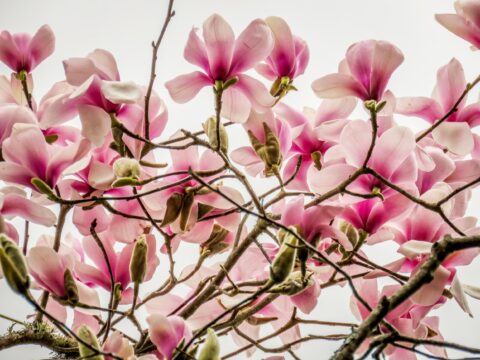From the landlord class to inter-generational rifts, Rosemary McLeod doesn’t like what’s happened to the state of real estate.
The Dolly Varden woman in her cottage garden – like the one illustrated above – used to be seen everywhere, carefully stitched in outline.
Today she’d have tattoos, blue hair, a navel piercing and a pit bull terrier. That look could be embroidered too, but we no longer want embroidered tea cloths, dressing table sets and guest hand towels that you have to wash and iron. Besides, what’s a guest hand towel?
Women bought transfers of Dolly from the 1930s right through to the ’50s because they hoped still for a dream cottage with hollyhocks and daisies in their fantasies. Maybe this would happen by magic if you embroidered enough images of her, and cottages with crazy paving paths to the front door, and gardens from which men were mysteriously – sometimes blessedly – absent. Give a man a chainsaw and he’ll give you scorched earth.
I’m a fan of the classic dream cottage too, and curse people who bowl them over to build lines of identical little apartments side by side with nowhere to grow a hollyhock, even if anyone remembered what they were. I don’t live in a cottage – though it is an old house – but I do have a small garden that just now is full of flowering salvias, humming with bees.
Gardens are a pleasure that’s fast becoming historic. While there’s now a craze for house plants, they’re no substitute for following the seasons with garden plants and getting your hands dirty. Even a dinner-table-sized plot of earth can be a pleasure to look at.
I’m thinking about this because of news that a potential new village could go up near Greytown – a “little sister” for it is the suggestion.
I come from the Wairarapa, where Greytown is still a pretty colonial town with tall trees, dream cottages and gardens. Throughout the country, such towns are under constant threat or have been visually butchered by developers keen to kill the thing we love. As each old house falls, small towns become nowhere places for memory, and they all come to look the same.
The Wairarapa is not immune to that, though its small towns have become a kind of large suburb of Wellington for retirees and younger working people who hopefully won’t really mind commuting to the city in an unreliable train service. Houses used to be cheap there, but prices have been driven higher as people panic to find anywhere where they can afford to buy their own home.
This is a tough time to fantasise about that. We are in the grim situation of having a growing landlord class but a larger and faster growing population of tenants with no hope of ever owning a place. Property owners can leverage loans and keep first home buyers out of the market, and seemingly raise rents at will. It’s so unfair.
This creates antagonism toward older people who were able to buy their homes with relative ease, and watch their values rise. It’s an inter-generational rift in which parents can now get no interest on money in the bank and feel that buying property makes sense.
In the generations before mine, people stayed in the first home they bought for the rest of their lives, content with them as they were, outside toilets and all.
In the generations before mine, people stayed in the first home they bought for the rest of their lives, content with them as they were, outside toilets and all. Their dream cottages are now bought for a million dollars, then renovated until they’re unrecognisable to conform to what the new owners see in magazines and expect to have.
As for gardens, people are too busy to bother, and line up native plants and trees in the belief that they’re caring for the environment. You don’t see too many bees and butterflies around artful mounds of tussock and, often as not, the wind blows in fast food wrappers that settle in as fixtures. Native birds don’t seem to flock there.
I wish I could put a glass bell jar over Greytown and all small towns like it to protect them. The idea of a pretend-colonial suburb nearby, where people would live a pretence of the cottagey dream, doesn’t do it for me.
Like other rural regions of this country, the Wairarapa has pretended to be Provence and Tuscany already. I’d like to think it could just be authentic, and preserve what it still is.








